All human activities are performed in specific regions. Therefore, realizing a sustainable region leads to the sustainability
of human activities and the well-being of people. On the other hand, at present, many regions have various issues and are
not sustainable. In addition, human and social activities in the region are deeply related to the local natural environment
and human environment, and the introduction of technologies, systems, and policies that neglect them may even impair the sustainability
of the region.
In this lecture, we will understand the relationship between the local environment and human and socialactivities and various issues facing the local community, based on examples from the world and Japan, and consider "what is a sustainable region".
In this lecture, we will understand the relationship between the local environment and human and socialactivities and various issues facing the local community, based on examples from the world and Japan, and consider "what is a sustainable region".
To learn about the relationship between the environment and human and social activities in the region and issues facing the
region through concrete examples so that they can logically think about concrete measures for realizing a sustainable region.
| Goals and objectives | Course Outcomes | |
|---|---|---|
| 1. | Understand the relationship between the local environment and people's activities. |
3.
|
| 2. | Can explain various issues in domestic and overseas regions in relation to the environment. |
3.
|
| 3. | Can think of specific measures for realizing a sustainable region. |
5.
|
| Quiz | Repors | Final exam | Total. | |
|---|---|---|---|---|
| 1. | 5% | 10% | 10% | 25% |
| 2. | 10% | 10% | 20% | 40% |
| 3. | 5% | 20% | 10% | 35% |
| Total. | 20% | 40% | 40% | - |
| Class schedule | HW assignments (Including preparation and review of the class.) | Amount of Time Required | |
|---|---|---|---|
| 1. | Sustainable Development Goals | Read the syllabus of this course carefully | 30分 |
| Review of the class | 100分 | ||
| 2. | Is slash-and-burn agriculture the environmental destruction? | Preparation of the next class | 50分 |
| Review of the class | 100分 | ||
| 3. | The merits and demerits of the "green revolution" | Preparation of the next class | 50分 |
| Review of the class | 100分 | ||
| 4. | Why do they pick up wastes? | Preparation of the next class | 50分 |
| Review of the class | 100分 | ||
| 5. | Why do conflicts occur in the Middle East? | Preparation of the next class | 50分 |
| Review of the class | 100分 | ||
| 6. | Midterm review | Preparation of the next class | 350分 |
| Review of the class | 100分 | ||
| 7. | Agriculture and forestry crisis and depopulation in Japan | Preparation of the next class | 50分 |
| Review of the class | 100分 | ||
| 8. | Why did Japanese rural villages not disappear? | Preparation of the next class | 100分 |
| Review of the class | 100分 | ||
| 9. | Time geography | Preparation of the next class | 100分 |
| Review of the class | 100分 | ||
| 10. | Why do child on waiting list generate? | Preparation of the next class | 50分 |
| Review of the class | 100分 | ||
| 11. | Course review and Final exam | Preparation of the final exam | 200分 |
| Review of the class | 100分 | ||
| 12. | Group work 1 | Preparation of the next class | 50分 |
| Review of the class | 50分 | ||
| 13. | Group work 2 | Preparation of the next class | 50分 |
| Review of the class | 50分 | ||
| 14. | Group work 3 | Preparation of the final presentaion | 200分 |
| Making of the final report | 220分 | ||
| Total. | - | - | 2800分 |
(1)Grade is given based on the following: Quiz 20%, Midterm exam or Reports 40%, Final exam 40%.
(2)You are required to attend over two-thirds of classes to take the Final exam.
(2)You are required to attend over two-thirds of classes to take the Final exam.
| ways of feedback | specific contents about "Other" |
|---|---|
| The Others | 授業内・授業外(ScombZ)でフィードバックを行います。 |
No particular texts are required. Suggested readings will be mentioned from time to time in the class.
- Course that cultivates an ability for utilizing knowledge
- Course that cultivates a basic interpersonal skills
- Course that cultivates a basic problem-solving skills
- Course that cultivates a basic self-management skills
| Work experience | Work experience and relevance to the course content if applicable |
|---|---|
| N/A | 該当しない |
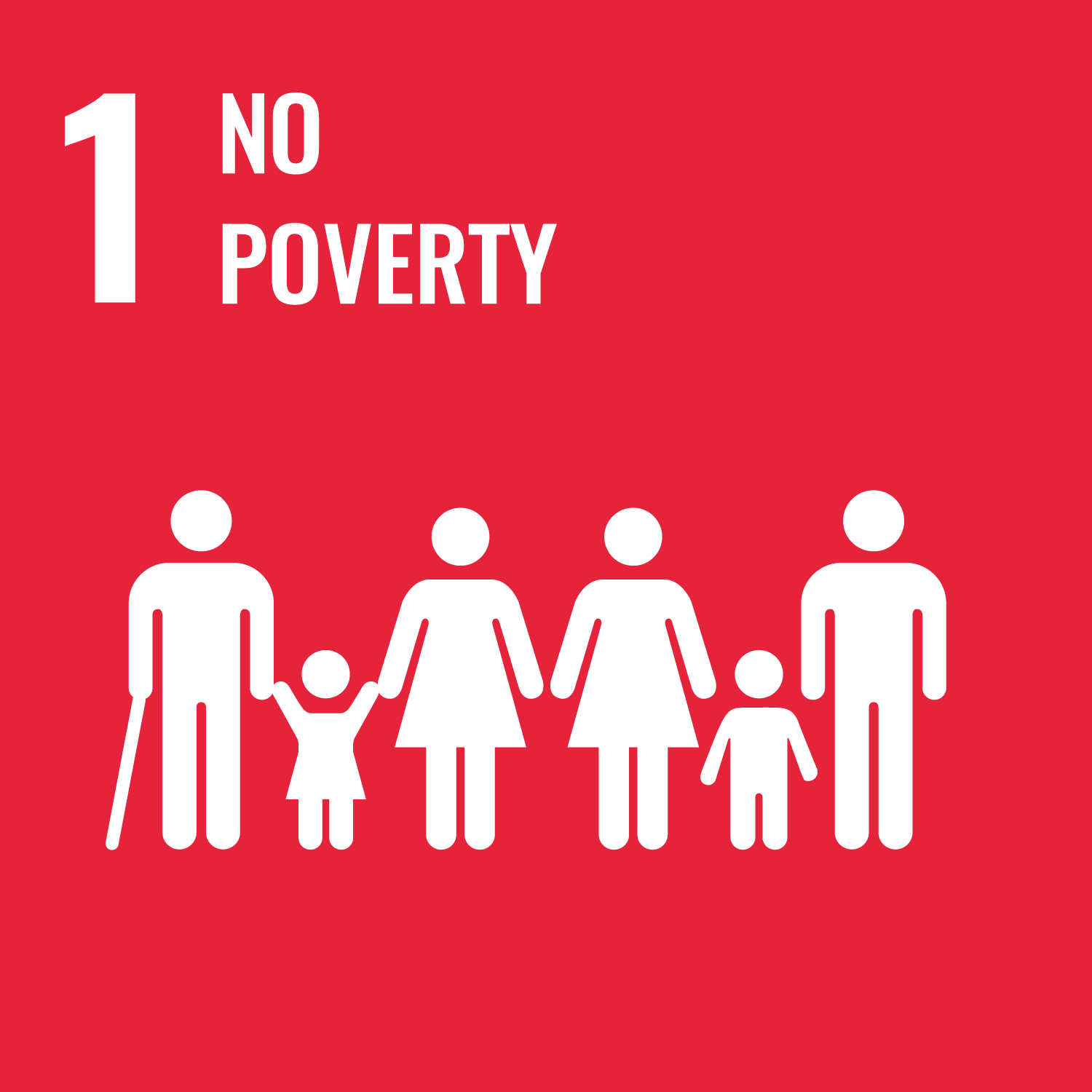
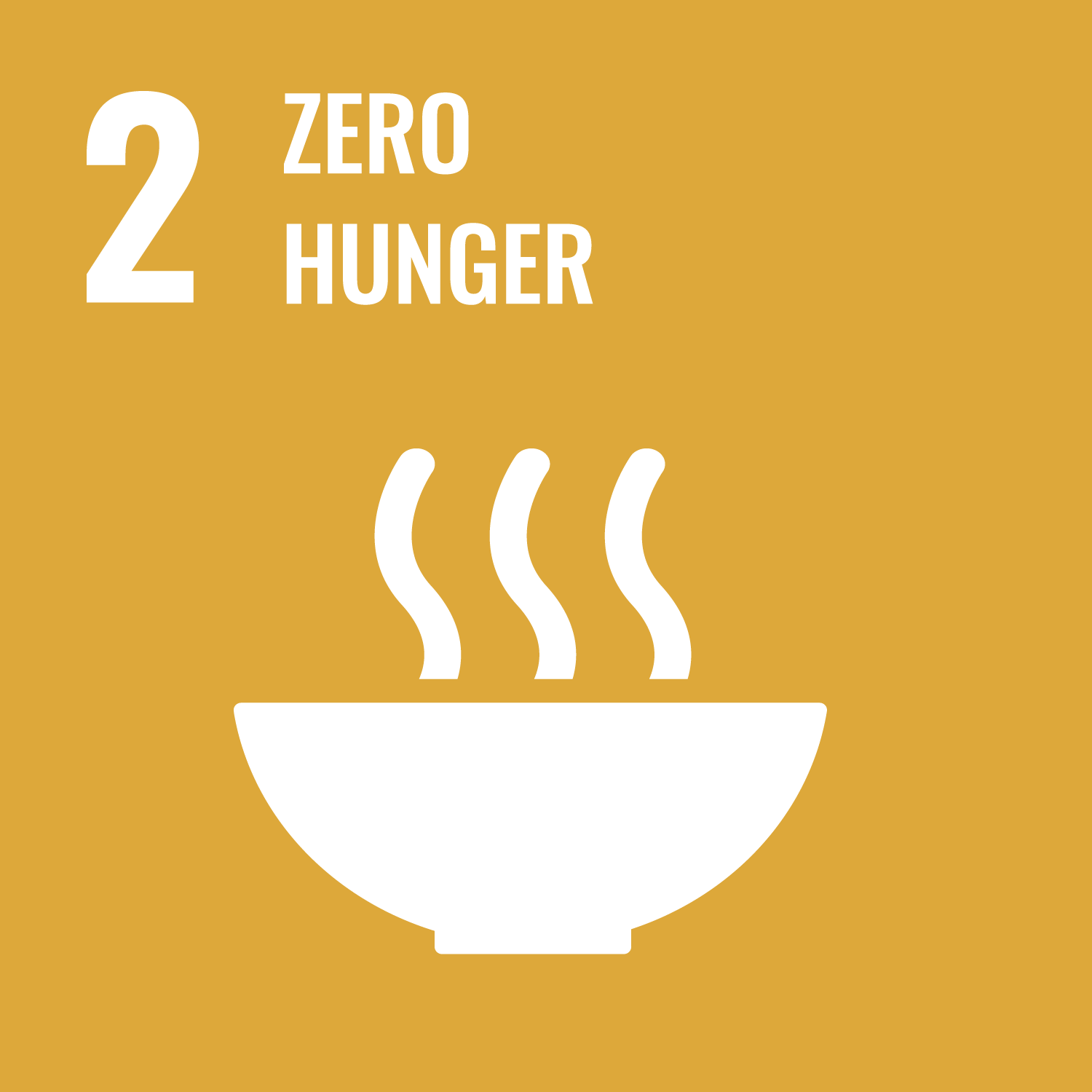


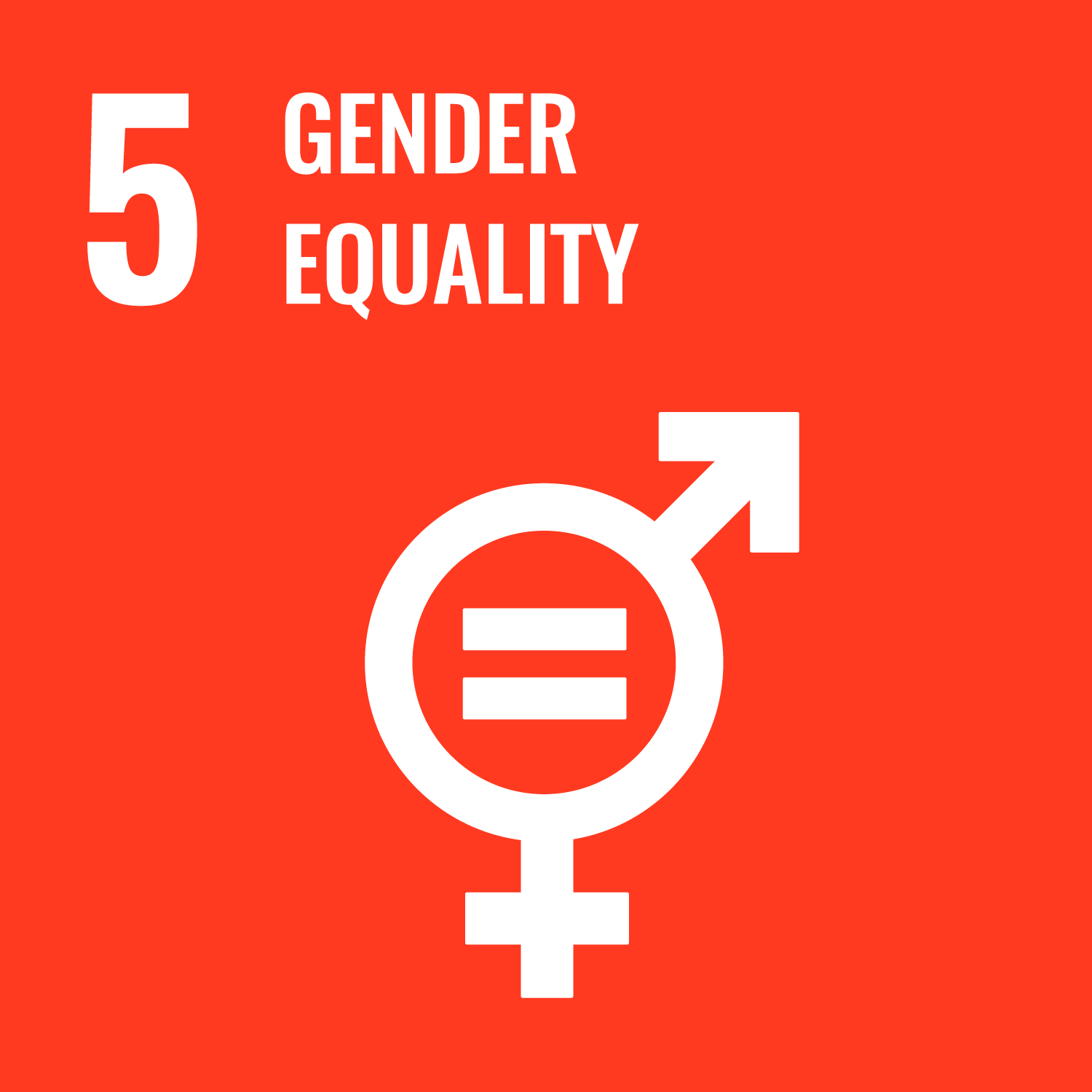
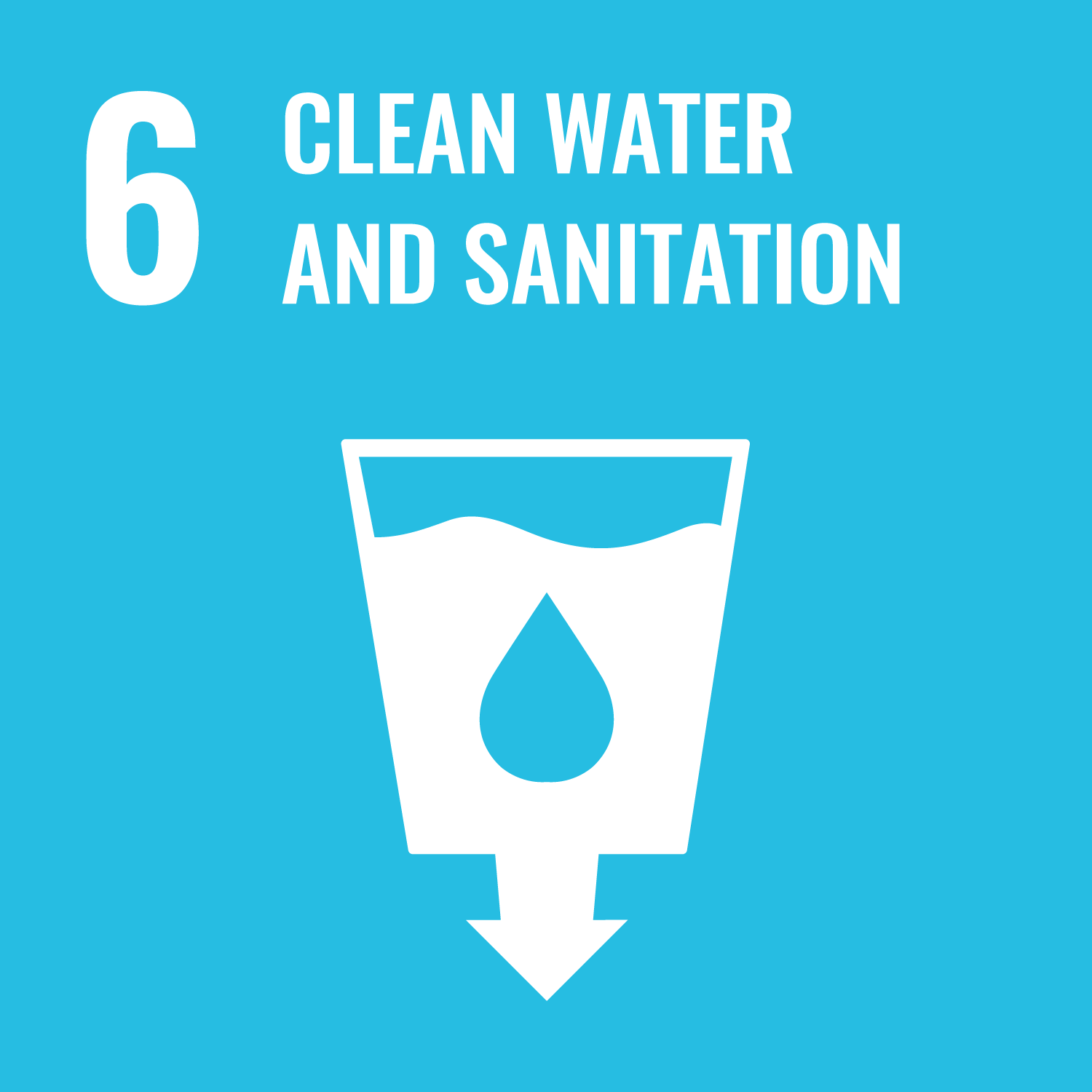







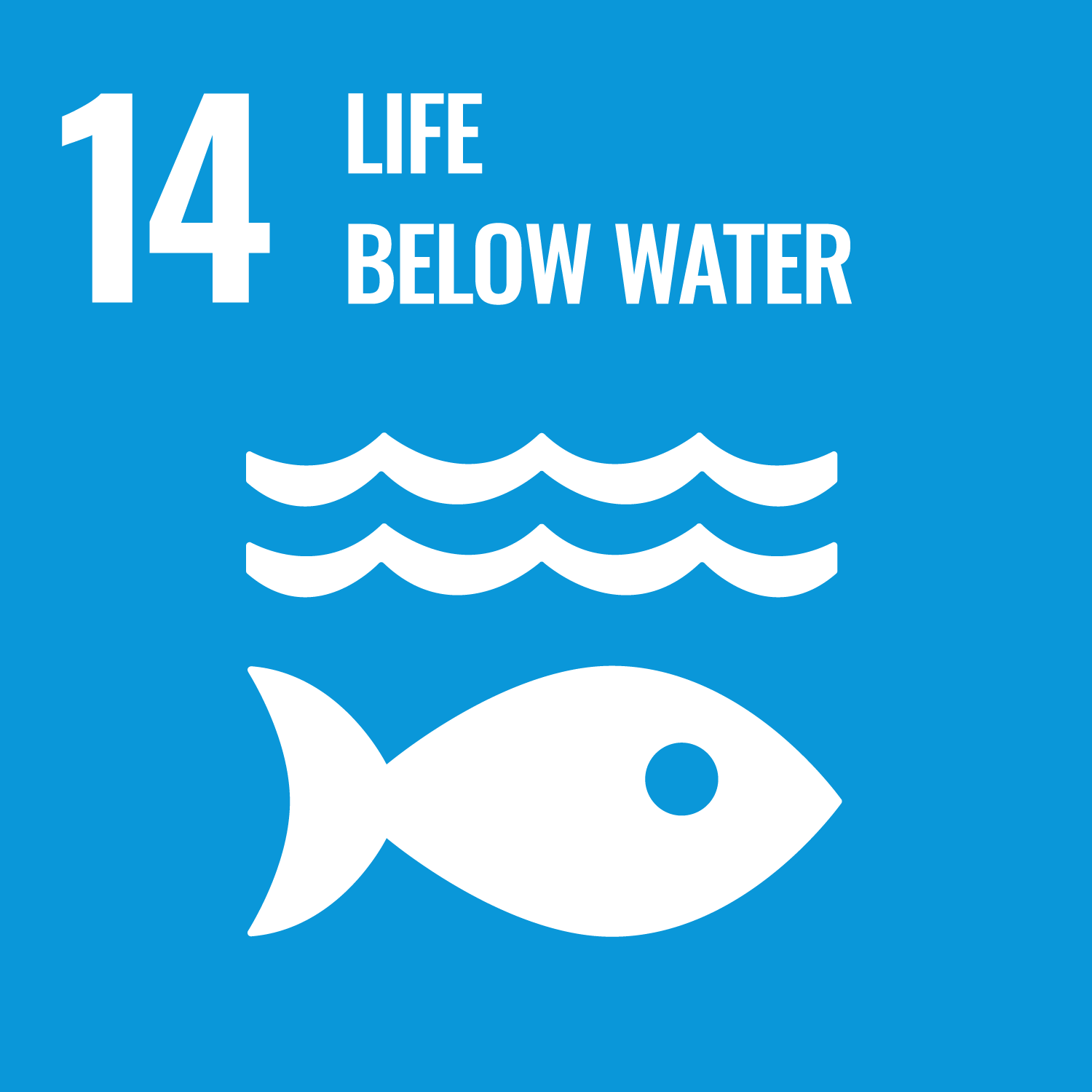
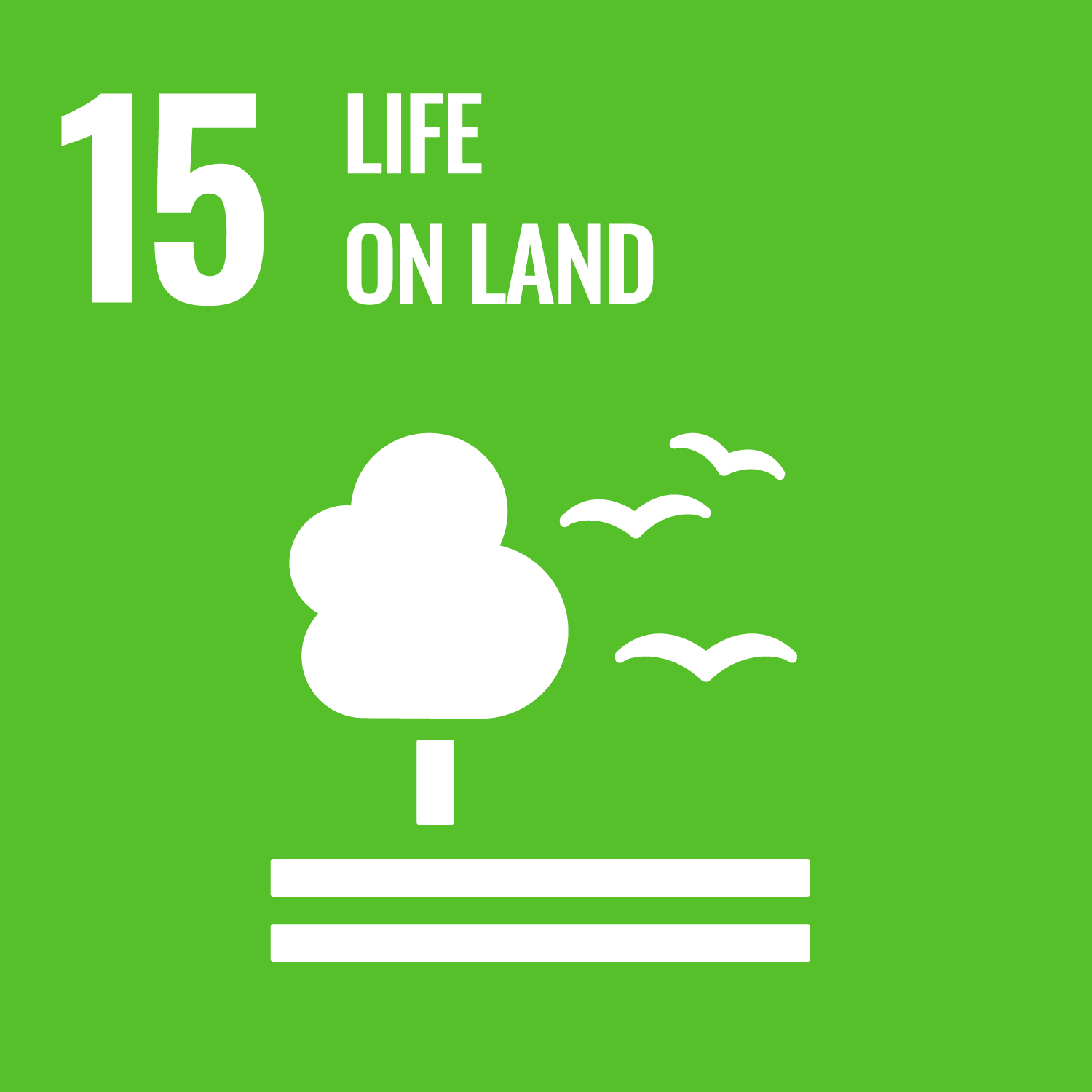


- 1.NO POVERTY
- 2.ZERO HUNGER
- 3.GOOD HEALTH AND WELL-BEING
- 4.QUALITY EDUCATION
- 5.GENDER EQUALITY
- 6.CLEAN WATER AND SANITATION
- 7.AFFORDABLE AND CLEAN ENERGY
- 8.DECENT WORK AND ECONOMIC GROWTH
- 9.INDUSTRY, INNOVATION AND INFRASTRUCTURE
- 10.REDUCED INEQUALITIES
- 11.SUSTAINABLE CITIES AND COMMUNITIES
- 12.RESPONSIBLE CONSUMPTION & PRODUCTION
- 13.CLIMATE ACTION
- 14.LIFE BELOW WATER
- 15.LIFE ON LAND
- 16.PEACE, JUSTICE AND STRONG INSTITUTIONS
- 17.PARTNERSHIPS FOR THE GOALS
Last modified : Thu Mar 13 04:10:31 JST 2025
